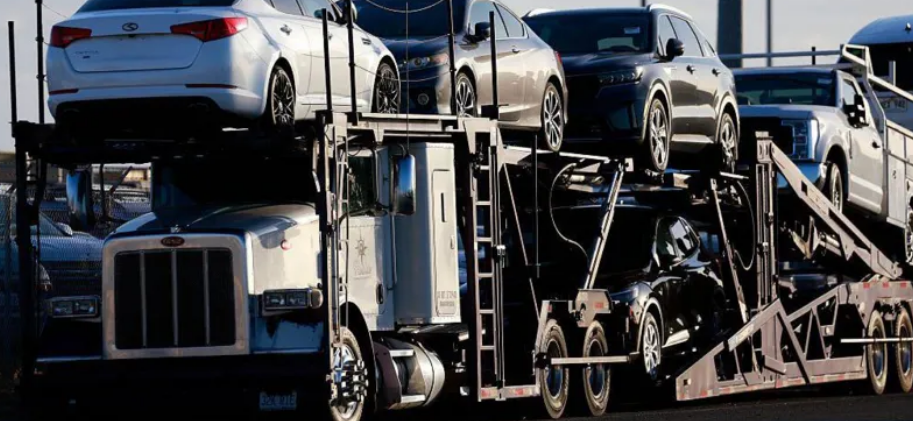A new round of 25% tariffs on imported auto parts including engines and transmissions has taken effect in the United States, deepening the pressure on a car industry already grappling with a rapidly shifting trade policy landscape.
The move follows a similar 25% tariff on imported vehicles implemented last month as part of President Donald Trump’s strategy to encourage automobile manufacturing within U.S. borders. While the White House recently made concessions to ease the burden on businesses, it stopped short of rolling back the measure entirely.
The administration says the tariffs are designed to push carmakers to invest more in domestic production. However, industry experts warn that while some manufacturing may shift to the U.S., it will likely come at the cost of production in other countries and lead to higher expenses — which may ultimately be passed on to consumers.
General Motors (GM) and Ford have reported double-digit sales growth through April, as customers rushed to buy ahead of expected price increases. Still, GM cautioned it could face up to $5 billion in additional costs this year due to the new tariffs, including around $2 billion on vehicles built in South Korea and shipped to the U.S. As a result, the company revised its pricing outlook, now expecting a 1% increase instead of the previously anticipated decline.
The broader industry has also shown signs of strain. Stellantis, the maker of Jeep, Fiat, and Chrysler, withdrew its financial guidance for the year, citing “extreme uncertainties” in the market. Almost half of the vehicles sold in the U.S. last year were imported, underscoring the potential reach of the new duties.
Trump’s administration has taken steps to mitigate some of the fallout. Tariffs will not apply to car parts manufactured in Mexico and Canada under existing free trade agreements, and companies now have access to a two-year mechanism to reduce tariffs on imported components used in U.S.-assembled vehicles.
“These recent changes make the policy somewhat easier to manage,” said Stephanie Brinley, an analyst at S&P Global Mobility. “But it’s still a significant shift in the market.”
Some automakers, including GM and Mercedes, have announced increased U.S. production in response. GM, for instance, has ramped up truck manufacturing at its Indiana plant by 50,000 units while scaling back in Canada.
Despite these adjustments, experts warn that uncertainty remains a major obstacle. “It’s too volatile a climate for long-term investment,” said Art Wheaton, director of Labor Studies at Cornell University. “The full impact of these tariffs hasn’t been felt yet.”


